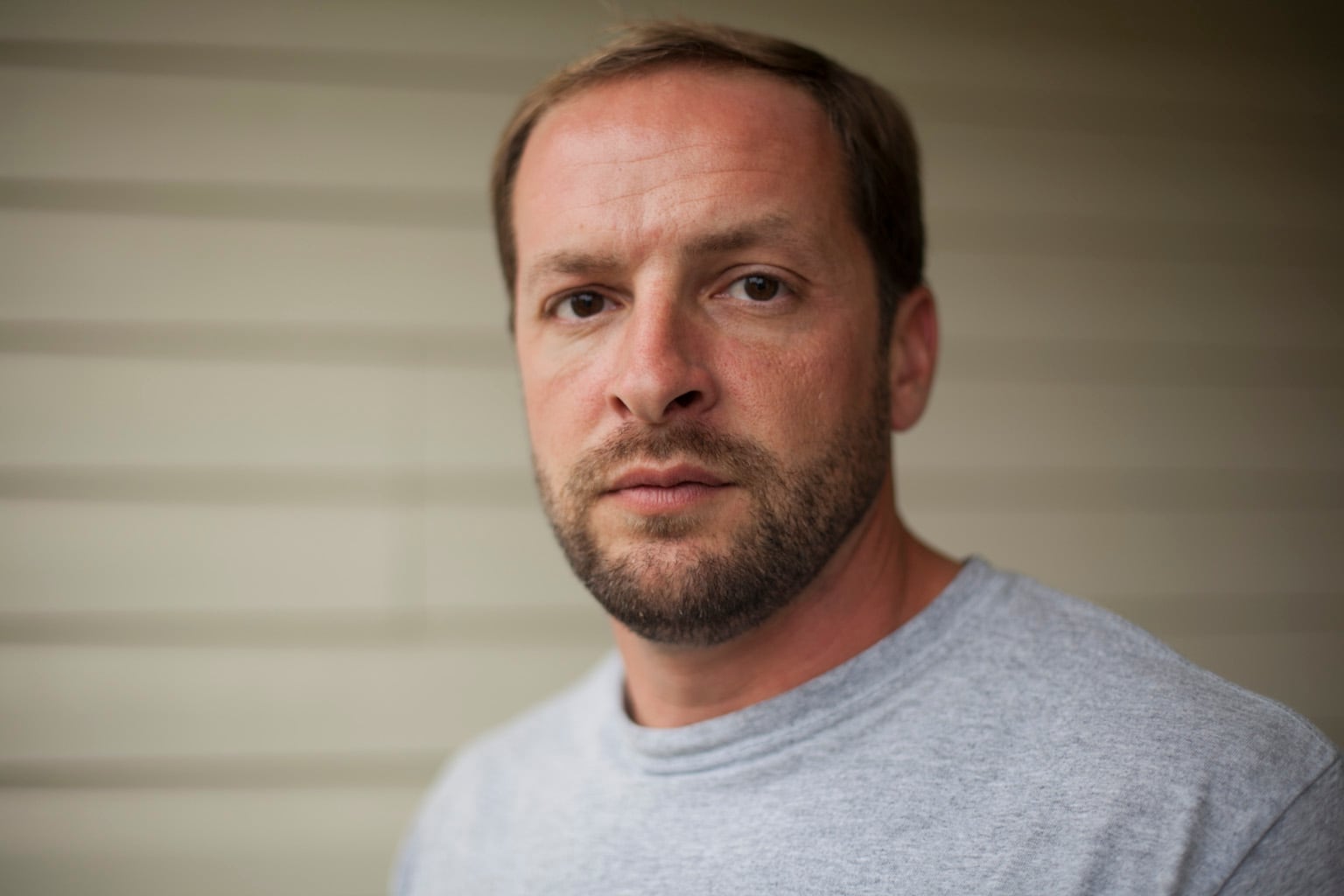Marine Capt. James Clement learned that Devil Dogs under his command had recorded themselves urinating on Taliban corpses at about the same time the rest of the world did, when news outlets around the world broadcasted the incident ― months after the mission had ended.
“I had no idea the Marines had made the video, had done what they’d done,” Clement told Marine Corps Times on Friday.
Clement had never been accused of being present, witnessing or knowing of the incident when it occurred.
But what unfolded over the next few years after the video surfaced would end his career, and bring the wrath rolling from the president, Congress, Pentagon and Marine Corps commandant.
RELATED

It wasn’t until this June ― 10 years after the incident and seven years after he had left the Corps ― that Clement would find support for his vindication from the Board of Corrections of Naval Records and intervention by Acting Secretary of the Navy Thomas Harker.
“I can’t believe that someone finally believed me,” he said. “After all those years being called a liar by all those people.”
Military.com first reported the board’s results on Wednesday.
Though Clement had received an honorable discharge and associated benefits, his discharge papers carried a special stigma ― he had been separated for “substandard performance.”
That will be wiped clean and an overdue award, the Navy and Marine Corps Achievement Medal, is headed his way, which he should have gotten at the end of that 2011 deployment.
‘How could I be blamed?’
In July 2011, Clement was on his first combat deployment after having gone on active duty four years before.
He and his team of scout snipers with 3rd Battalion, 2nd Marine Regiment, out of Camp Lejeune, North Carolina, were running regular missions in Helmand Province, Afghanistan. Clement served as executive officer of Kilo Company during the deployment.
Under intense fighting conditions, 3/2 would lose at least seven Marines during the seven-month deployment.
On one of their missions, scout snipers posed for a short video clip in which some urinated on what were said to be corpses of Taliban fighters.
The video didn’t surface online until early 2012, but drew swift action by top Marine leadership.
Initially, then-Lt. Gen. Thomas Waldhauser was assigned, as the top-ranking Marine in Afghanistan, to investigate the incident and dole out punishment.
In that investigation, Clement said, he was interviewed by Naval Criminal Investigative Service agents and didn’t fear for any consequences on his part.
“My initial thought was … how could I be blamed for something I had no knowledge of,” Clement said.
But then-Commandant Gen. James Amos ordered another investigation when Waldhauser’s decisions resulted in nonjudicial punishment for some of the six scout snipers and Uniform Code of Military Justice violations for others.
It was when he re-interviewed with NCIS on that investigation that Clement’s feelings about his fate shifted.
“Whoa, they’re going to accuse me of crimes here,” Clement said he remembered thinking.
Even during his Board of Inquiry hearing, then-Gen. John F. Kelly testified to the Corps that Clement should receive an official apology for what he had been through.
The Board of Corrections of Naval Records’ 12-page report calls out Amos’ involvement with the case, citing a 2017 Navy-Marine Corps Court of Criminal Appeals decision to dismiss charges against Staff Sgt. Joseph Chamblin, one of the Marines involved in posing with the Taliban corpses.
The board notes that Amos “directly interfered” with the cases, saying Chamblin and others charged “should be ‘crushed.’”
The board also noted that authorities pursuing charges against the Marines withheld evidence.
Clement, speaking with Marine Corps Times on Friday, credits the Chamblin decision with his record being cleared by the board.
Despite those findings, the Board of Corrections of Naval Records Executive Director Elizabeth Hill countered the board’s decision, saying that Amos’ comments did not have any effect on Clement.
Hill recommended denying Clement’s appeal.
But Acting Secretary of the Navy Thomas Harker came down on the board’s side, not the director’s.
Pages-long points, counterpoints and rebuttals were swiped away by Harker’s pen, who circled one sentence: “Approve board findings and recommendation to grant relief,” before he signed it on June 16.
When the news reached him through his attorney in June, Clement was shocked, and called the decision, “vindicating.”
The former captain hadn’t charted out a lifelong career in the Corps. At the time he was charged he was serving as an instructor at The Basic School at Marine Corps Base Quantico, Virginia.
He loved the assignment and was preparing to do follow-on education and return to the fleet in hopes of being a company commander through another combat deployment.
That all ended with the second investigation.
Clement pushed back on his experience, saying that if it hadn’t been for the support of his command at The Basic School and the tenacity of his attorney he might have given up and pleaded guilty to initial UCMJ charges, which quickly faded to possible NJP and a Board of Inquiry that ended his career.
Instead, those around him supported him, encouraged him to stick to his principles and the truth ― that he’d done nothing wrong.
Now a civilian working in the technology sector, the chapter of his life where a young captain’s integrity was challenged has ended.
“It gives me the opportunity to move on,” he said. “I can talk about my past in a much more confident way.”
Todd South has written about crime, courts, government and the military for multiple publications since 2004 and was named a 2014 Pulitzer finalist for a co-written project on witness intimidation. Todd is a Marine veteran of the Iraq War.









